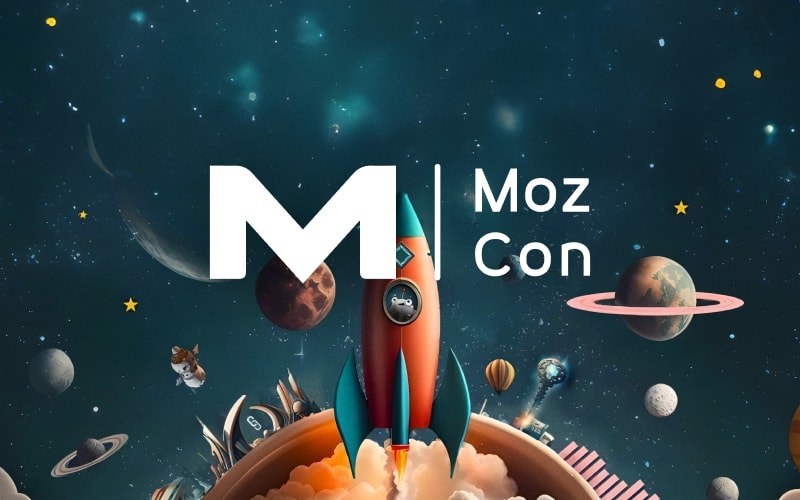Search
Every now and then, I run across an article claiming SEO is dead. Google “SEO is Dead 2015,” and you’ll get nearly nine million search results. But many of the articles reflect a limited view of SEO.
My take: SEO will survive as long as human beings interact with technology to find information or products.
This is the traditional, narrow definition of SEO:
- Using keywords on a web page
- Optimizing page titles
- Adding meta-descriptions
If you only look at these aspects, you’re missing a big part of the puzzle. It takes a concerted effort from your marketing team to have real, positive influence on your website’s search engine ranking.
Viewed holistically, committing to SEO requires a partnership between your search, content, website design, user experience, link-building, social media, public relations, and advertising team members.
Before you dive in, your team should have a solid understanding of:
- Your human audience – who they are, how they search, insights that can help you understand the language they use and what makes them tick. If you don’t understand your human audience, your efforts will have limited results.
- Search engines – they are, after all, computers. Although algorithms have come a long way in understanding conversational language, they still need words your human audience would use. Search engines need to find that language on your site. Also, they can’t see photos or listen to/ watch video. You must address technical aspects that will allow search robots to find and “crawl” your website and index (file) the content in their filing system for retrieval.
Once you have a team in place and a firm grasp of your audience, consider each of these questions:
Is your content optimized for search? Content is the most important part of your website for humans and search engines. When a content team taps into a search marketing expert, magic can happen. This partnership ensures your content and other elements on your page reflect your audience’s search language, which isn’t always the same as the marketing language you prefer for your brand. A search expert may also identify search trends for further content expansion.
Does your website have links? Search engines won’t find and index your great content without them. Websites are a series of linked pages, both within the website and connecting to outside websites. Links to your content from outside websites are how search engine robots find your web pages in the first place — by crawling links. With that said, you don’t want links from just any website: you want links from quality websites that have earned good domain authority (content authority). Good content authority rubs off on your site. Link building may take time, but it’s worth the effort. Promote and ask for links – don’t buy them or accept “spammy” links to your content. The latter is a quick way to hurt your site.
Is your site “crawlable?” The search engine robots have to be able to find and index your content. This requires the technical expertise of a good website build/ design and user experience team. This team also needs to block content you don’t want to show in search results (such as proprietary or password-protected content).
Is your navigation built such that visitors can easily navigate the site? Is your content valuable enough for visitors to stay, consume and move more deeply into the site for additional content? These are signals to search engines like Google that your website offers a good content and user experience.
Are individual site pages properly optimized? This assists with search indexing (or filing) for the correct content intent. Let your SEO team member work with the web design and content teams to ensure your pages are properly optimized – including URL naming, page titles, alt tags, on-page copy and anchor text. This process requires an objective view of how someone unfamiliar with your brand (both humans and non-humans) may interpret your content.
Are you endorsed by others online? Shared content, tweets and positive conversations about your brand, product or website are all good “endorsement” signals to search engines. You may need a little help from your social media and public relations team members to promote your brand, encourage regular conversations and share your content often.
Is your site advertised? Advertising can be helpful, especially if you don’t already rank within the first page of search results for your important keyword search terms. Advertising will:
- Put you in front of your target audience and drive a portion of them to your website, where they can consume and share.
- Put you within first page search results even if you have not been able to earn a first page result organically, ensuring visibility and opportunity.
- Educate and influence language used about your company, product or service.
It takes a village to build and – yes – influence your website’s search engine ranking. If you don’t have the resources to build a traditional search team, figure out a way to create your own. Include your sales team and invite your technology, social media and customer relations experts into the conversation.
Have questions or comments? Drop me a note at wstorey@wrayward.com. If I forgot a “team member” in your village, let me know! I’d love to learn more about how you’re tackling SEO.


